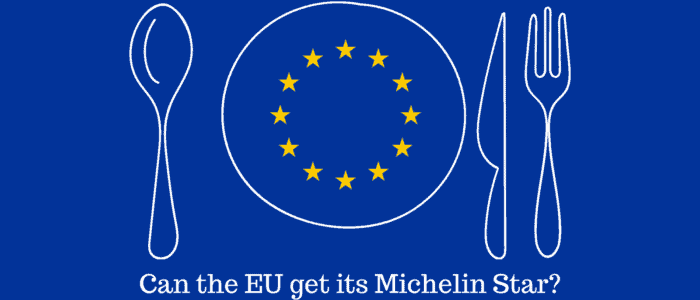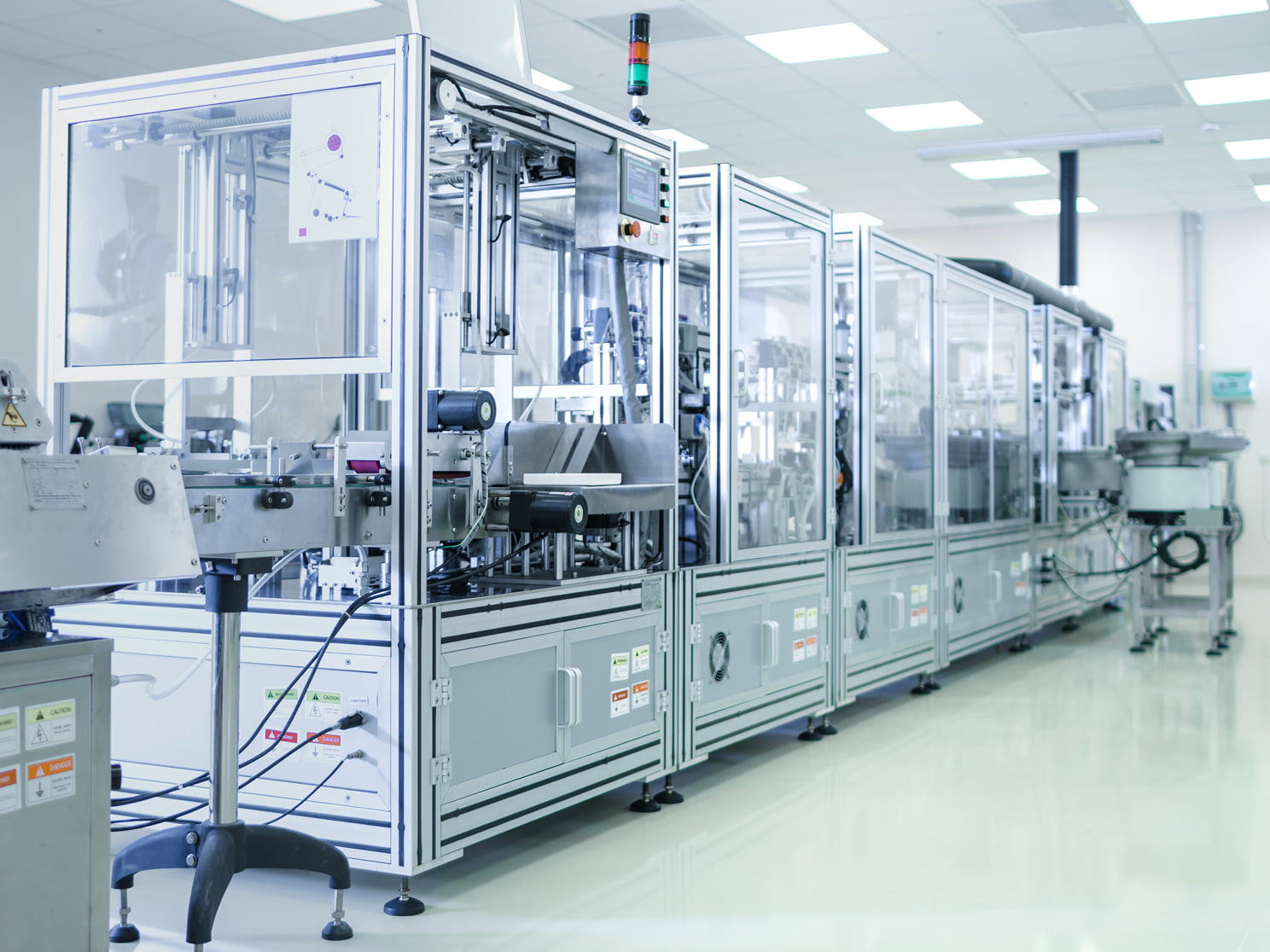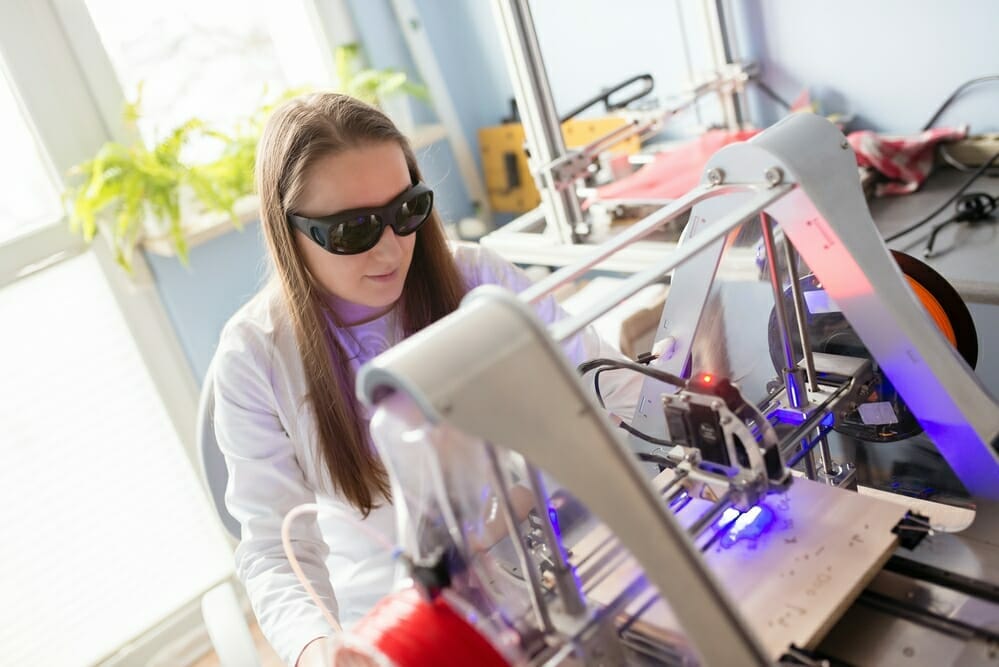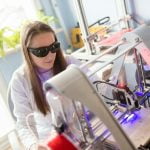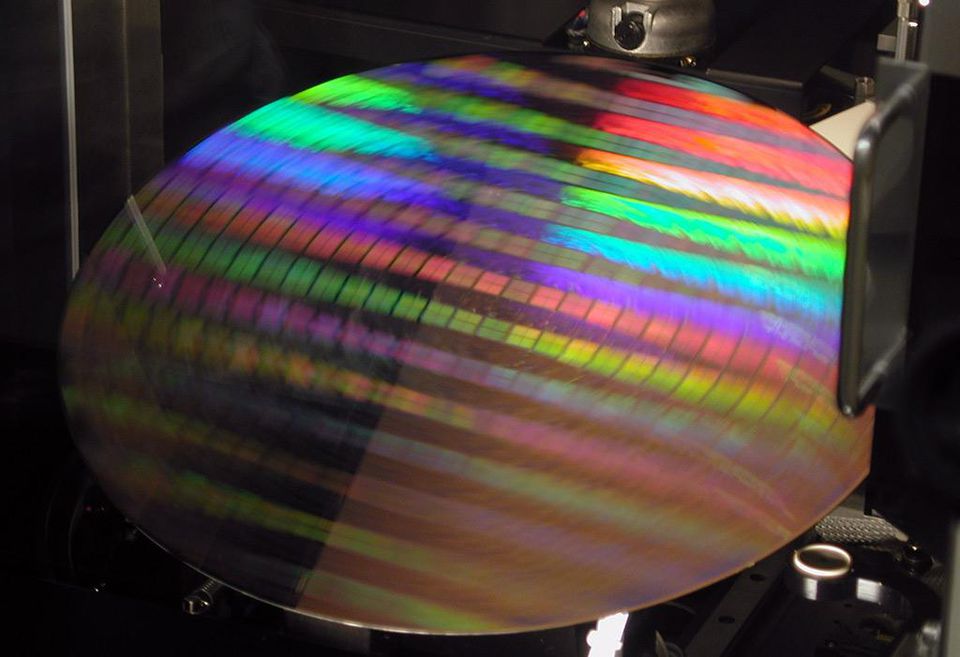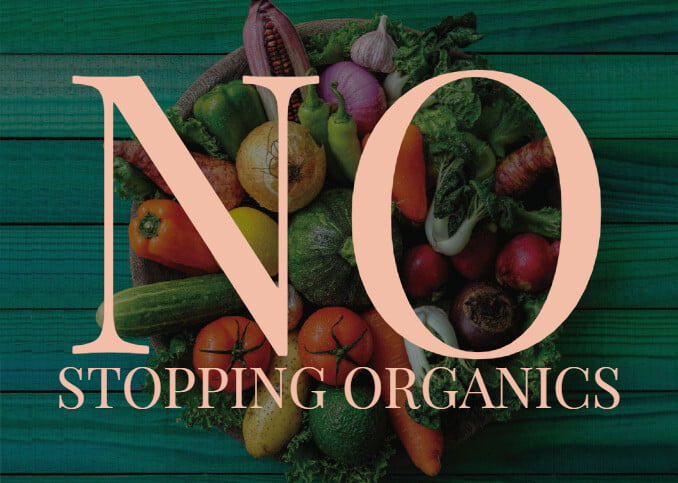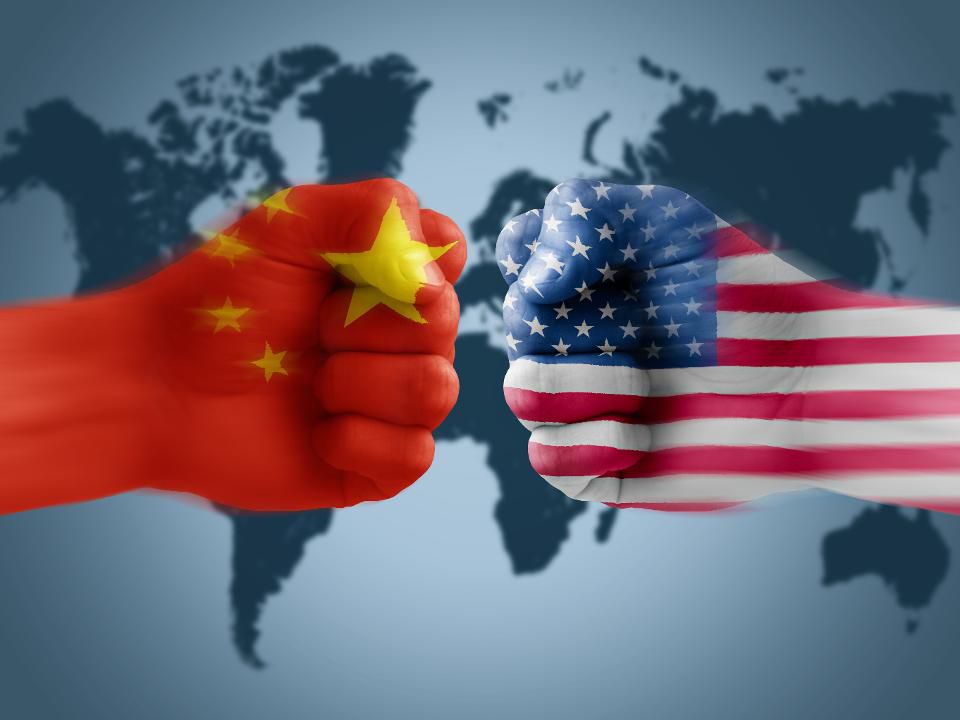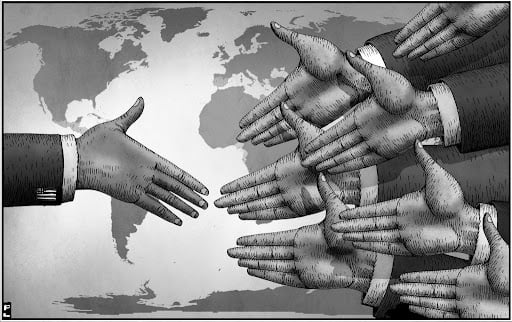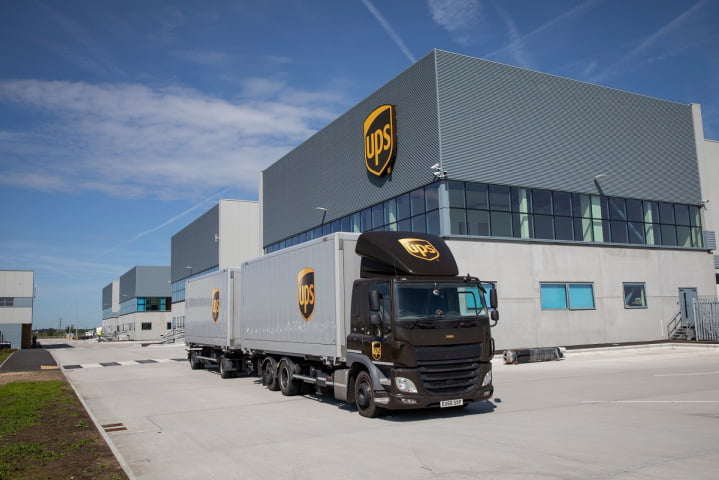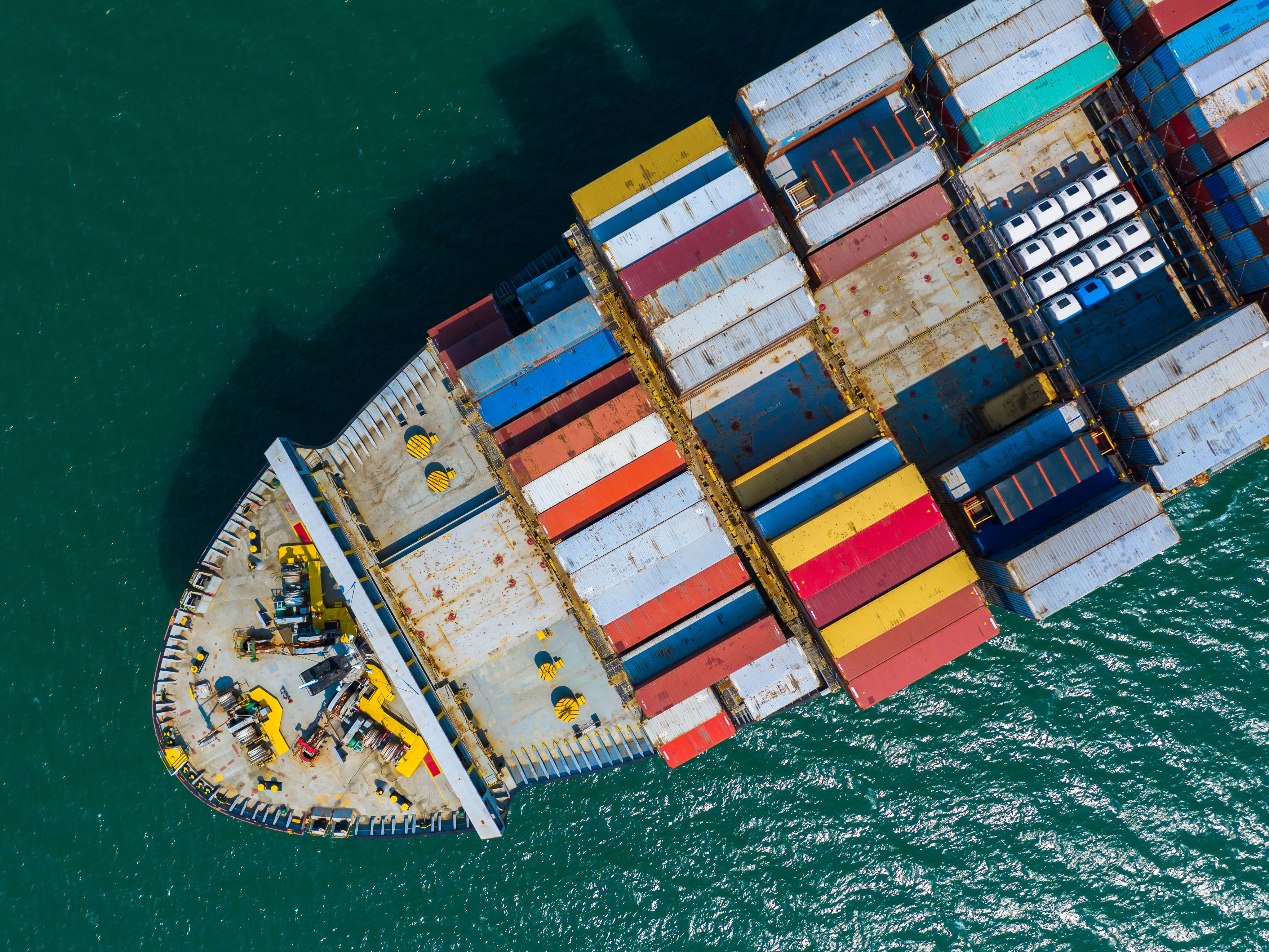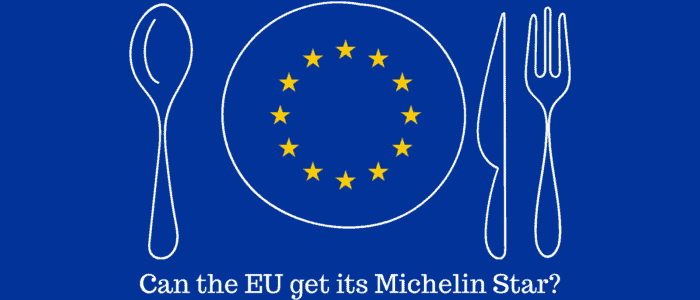
Anyone who has tried knows all too well the challenge of preparing a recipe for the very first time. The list of ingredients, the quality of the raw materials and the instructions about the steps and timing do not always guarantee the desired result. In the kitchen, failure or success depends altogether on the skills of the cook, acquired through years of learning and experience. The economy works in a similar way. In the production of goods and services, the secret ingredient is not raw materials or machines, but knowledge.
The importance of knowledge and intangibles in globalization is a very tangible reality. Trade in services represents between 20 and 25% of global trade, data transfers over the internet have grown by 500% between 2010 and 2017, and the diffusion of knowledge has multiplied by 1.4 since the great financial crisis of 2008. While multinational companies build research and development (R&D) centers across countries, trade in services in sectors like telecom, IT or biotechnology continue to grow, following a dynamic that is independent from the trade in goods.
The production of vaccines against Covid-19 is a good example. Scientific knowledge underpins the creation of vaccines made by Moderna and Pfizer-BioNTech, the most popular in the European Union with more than 480 million administered doses. Nonetheless, in order to carry out a global immunization campaign and vaccinate seven billion people, it is necessary to produce at least 14 billion doses, and that requires another type of knowledge. Vaccine production and distribution firms need to build their own supply chains, from pharmaceutical ingredients and specialized machinery to syringes and freezers. Developing these supply chains, made by hundreds of firms, requires material goods but also intangibles, particularly human capital delivered through services, ideas and intellectual property.
This new recipe of international trade not only defies the notion that globalization is in decline but shows that it is actually changing, that it is becoming immaterial, digital and knowledge-intensive. The challenge is that not every country is ready to make the best of this Globalization 2.0.
The recent disruptions in supply chains and shortages of certain goods have focused attention on the material side of the economy. Avoiding dependence on certain goods produced in other countries has become the mantra of European industrial policy. However, it would be a mistake to emphasize dependence. In a world where economies are interrelated, the European Union, because of its size and population, will carry a lower weight in the global economy, and it is neither feasible nor desirable for the goods and services consumed in the EU to be produced within the EU.
Europe’s growing economic dependence on the rest of the world is inevitable and should be presented as a positive development. The loss of Europe’s relative weight in the global economy means that a growing share of innovations and new products that Europeans buy will be produced outside the EU. In exchange, European industries will be able to specialize in the production of certain goods and services in which they are more competitive, and at the same time, European firms and citizens will benefit from a growing number of innovations and technologies developed outside the EU.
Europe needs to choose which sectors it wants to stand out in and its industrial policy should take into account the fact that ideas and knowledge are crucial in this new globalization. The bad news is that the share of Europe’s gross domestic product spent on R&D has been mostly flat since 2010 and that the EU has just two universities among the top 50 in the world. The good news is that the EU has the human capital, infrastructure and institutions to continue being a leader in the most dynamic and competitive economic sectors. The recipe for success requires more investment in centers of excellence that are at the knowledge frontier. This is how the European economy will get its Michelin star.
[“source=ecipe”]
